1) No ordinary time
AXIOS: 1 big thing: United States of Emergency
Trump is the king of national emergencies — despite making America so great again. Perhaps this “American carnage” hasn’t ended?
Weird how that works.
The Hateful Eight Executive Orders include:
Directs agencies to exploit domestic energy resources and facilitate national energy supply
Designating Cartels and Other Organizations as Foreign Terrorist Organizations and Specially Designated Global Terrorists
Imposing Duties to Address the Flow of Illicit Drugs Across the Northern Border—Tariffs and restrictions targeting drug trafficking from Canada
Imposing Duties to Address the Situation at the Southern Border; Tariffs and restrictions to address border security and drug trafficking from Mexico
Imposing Duties to Address the Synthetic Opioid Supply Chain in the People's Republic of China—Targeting fentanyl and related substances
Imposing Sanctions on the International Criminal Court—Sanctions against ICC officials investigating US personnel
Regulating Imports with a Reciprocal Tariff to Rectify Trade Practices—Imposing a 10% baseline tariff and higher rates on countries with large US trade deficits
An additional Trade/Economic National Emergency to be named later. You know, just in case.
Drugs, energy, and tariffs … that pretty much covers it, with a solid F-U to the International Criminal Court that we helped set up to deal with rogue regimes led by rogue leaders. I guess you can consider that to be Trump pre-pardoning himself and his administration for things they were “forced” to do.
I guess this does make Trump our greatest leader, since he had to deal with the most national emergencies by far — and twice at that!
Emergency rule — the go-to tool of would-be dictators everywhere.
2) Arsenic and old rice
LANCET: Impact of climate change on arsenic concentrations in paddy rice and the associated dietary health risks in Asia: an experimental and modeling study
INSIDE CLIMATE NEWS: Half the World’s People Depend on Rice. New Research Says Climate Change Will Make it Toxic
The news is not good for a grain that accounts for 15-20% of humanity’s caloric intake:
There is increasing evidence that climate change, in the form of rising temperatures and increased CO2 concentrations, can directly affect rice yields and nutritional quality. Aside from drinking water, rice is the largest dietary source of inorganic arsenic. Some evidence from greenhouse and growth chamber experiments suggests that rising temperatures and atmospheric CO2 could increase inorganic arsenic accumulation in rice grains, largely due to increased reductive dissolution of arsenic and higher arsenic bioavailability.
This is bad for that half of humanity that eats rice as a daily staple — meaning most of Asia.
The lead scientist (Lewis Ziska) on the study is quoted thusly:
“Previous work has focused on individual responses—some on CO2 and some on temperature, but not both, and not on a wide range of rice genetics. We knew that temperature by itself could increase levels, and carbon dioxide by a little bit. But when we put both of them together, then wow, that was really something we were not expecting. You’re looking at a crop staple that’s consumed by a billion people every day, and any effect on toxicity is going to have a pretty damn large effect.”
Climate change is a worldwide experiment comprising millions of smaller experiments like this.
That inescapable reality yields a world desperately in need of decoding and the optimization of processes (like agriculture) to account for the high-dimensional change we’re all living through.
This is why humans, like all species on our planet, are being forced to evolve at some astounding multiple compared to the past.
Back to nature, my ass. Nature is getting back at us.
3) Wake up and smell the automation
NYT: This Is What Trumponomics Is Really About
I cite this one just for its clarity on points I often make myself here.
The administration often describes its approach in populist terms — that it is fighting for forgotten domestic industries and workers and calling out unfair global trade. Tariff-fueled nationalism is a callback to eras when industrial America reigned supreme. For a time during the 20th century, parts of Europe and Asia were rebuilding after two world wars, so U.S. factories thrived, and manufacturing provided upward mobility for millions of Americans.
That golden age of manufacturing was unique: The United States faced virtually no foreign competition and had enormous government investment in infrastructure, education and research and development.
Today, China is a leading global manufacturer, with a huge robotics sector and well-developed supply chains. The Trump administration sometimes appears to ignore that advanced automation means far fewer workers to produce the same manufactured goods. Even if factories return, they will employ a small fraction of the people they once did.
This is the essence of nostalgia: the easing of homesickness pain.
Americans find themselves in a new and unfamiliar and challenging land … and they want to go home.
The problem is, of course, that home no longer exists and cannot be replicated.
This is why we need new frontiers to integrate. Americans are no good at homesickness. That’s not what brought us here. It’s not who we are.
4) A one-man global economy wrecking crew
CNBC: Global trade outlook has ‘deteriorated sharply’ amid Trump tariff uncertainty, WTO warns
Get some:
Based on the tariffs currently in place, and including a 90-day suspension of “reciprocal tariffs,” the volume of world merchandise trade is now expected to decline by 0.2% in 2025, before posting a “modest” recovery of 2.5% in 2026.
The decline is anticipated to be particularly steep in North America, where exports are forecast to drop by 12.6% this year.
Trump just took 3% points off the global economy, it would seem.
That’s real power alright. Good thing it will only hurt the richest Americans, otherwise there’d be hell to pay, am I right?
The whole world scrambles to find new customers and suppliers, marooning America on a trade island all its own.
Kim Jong Un would readily recognize the strategy and praise it for its sheer genius — self-sufficiency at all cost!
Ah, the things you can learn from the right role models!
5) Stars upon thars!
WAPO: Trump is pushing Europe and China into each other’s arms
As the global economy slows down considerably, thanks to one of the world’s three big demand/production hubs, the other two hubs naturally start coming together — in turn, making America great again.
Or … at least that’s the theory.
I’m just not seeing the part where Europe comes rushing to our side in some trade quarrel with China — just not seeing it.
There will be a big China-EU business summit in Beijing in July: we’ll see where things stand at that point. Maybe Musk’s dream of zero tariffs between the US and EU will magically get done before then. But then, wouldn’t that just be a big dollop of free trade as a tariff war outcome? Not exactly Peter Navarro’s dream date!
We shall see who blinks first, but I’m betting on Trump — the new Tariff in Town — folding like a chair on this one. If not, say hello to an EU-China trade pact.
6) The deported
NPR: 'Homegrowns are next': Trump hopes to deport and jail U.S. citizens abroad
This would be enough to get me to start buying weaponry and stockpiling ammunition: disappearing US citizens in overseas prisons.
SCOTUS screws that one up and we will have a civil war.
Laurence Tribe of Harvard Law:
"What that means is that literally any of us, whether we are from Venezuela or were born in the United States, whether we are immigrants or not, whether we are citizens or not, any of us is vulnerable to basically being kidnapped by masked agents of the United States government who don't tell us why they're picking us up, perhaps never to be seen again because we're located somewhere in a dungeon, a prison cell, rotting away, whether it's in El Salvador or anywhere else in the world."
The shooting is really going to start when that happens.
7) The Russians are going! The Russians are going!
NEWSWEEK: Russia's Birth Rates Predicted To Hit Record Low
The harsh truth:
Russia may be seeing its lowest birth rates since the late 1700s, with early 2025 showing sharp declines—births dropped by 6 to 7 percent in February and by 3 to 4 percent in March, according to Alexey Raksha, a Russian demographer who studies fertility and mortality statistics, as reported by independent news outlet Agentstvo.
This is Putin’s legacy, and this is why Russia will not survive this century — and shouldn’t.
8) All ashore who are no longer needed onboard!
SUSTAINABILITY TIMES: DARPA Unleashes Colossal 580,000-Pound Spy Drone Ship: A Game-Changer in Global Surveillance Set to Dominate the Seas
This would make one scary PPT slide for the Pentagon:
🚢 The USX-1 Defiant, developed by DARPA, is set to revolutionize naval warfare with its high level of autonomy.
💡 An innovative refueling system is being developed to support long-duration missions without human intervention.
🔧 The NOMARS program aims to redefine naval architecture by eliminating the need for onboard human presence, improving efficiency and stealth.
🌊 The Defiant’s success could lead to a new era of unmanned maritime operations, fundamentally altering naval strategies and capabilities.
When naval warfare can be conducted without sailors, then the U.S. Navy essentially moves close to post-human in its orientation and ethos, and that is truly a revolution in military affairs.
9) India turns to Africa
FT: India launches biggest-ever joint naval exercises in Africa
SUNDAY GUARDIAN: India’s Maritime Pivot: From SAGAR to MAHASAGAR with Africa on sight
The gist from the Financial Times:
India has launched its biggest-ever joint naval exercise with African nations, part of a push to boost its influence on the continent and presence in the Indian Ocean, where China is exercising growing commercial and military clout.
Indian government and military officials, including deputy defence minister Sanjay Seth, inaugurated the six-day exercises, which are being co-hosted by Tanzania and will include eight other countries including Kenya, Madagascar, Mauritius and South Africa in Dar es Salaam on Sunday.
Analysts said the manoeuvres were part of New Delhi’s broader ambitions to play a more assertive role in maritime operations, including anti-piracy efforts, and deepen ties on the continent, where its influence has been diminished by rivals including China as well as emerging competitors Russia, Turkey and the United Arab Emirates.
This is why the US will not be a player in Africa: there are plenty of others eager to shape this continent’s demographic ascendancy — India chief among them.
10) Seven blows in one war
AXIOS: Xi's counterpunch: How China will ensure the trade war hurts the U.S.
China hardly goes into this fight unarmed. It has spent years preparing for exactly this struggle with the US and so is ready.
Axios’ list of punches:
1. Hit consumers in the wallet: Xi doesn't even need to lift a finger to ensure Americans are hurt by the trade war — Trump's own tariffs may take care of that.
2. Punish the farmers (and more): Any American whose livelihood depends on selling into the Chinese market is likely panicking right now — whether the product in question is oil, airplanes or soybeans (three of the top U.S. exports) …
3. Target individual U.S. companies: China added twelve U.S. firms to an export control list this week — restricting what they can ship out of China — and added six defense tech and aviation firms to an "unreliable entity list" that bans them from doing business in China …
4. Cut off supplies of rare earth minerals: China last week further restricted exports of rare earths — a sector it dominates — in response to Trump's tariffs …
5. Selling U.S. debt: On the topic of things that would hurt the U.S. but also ricochet back onto China, there's the "nuclear option" of dumping the $761 billion in U.S. bonds held by Beijing …
6. Devaluing the yuan: Another potential economic lever is a sharp devaluation of China's currency, which would help boost China's exports and further diminish the ability of U.S. firms to compete in the Chinese market …
7. Freezing out Hollywood: China is a key market for U.S. films, sports leagues, and other entertainment products, and Beijing hasn't been shy about using that leverage to influence what public figures say or what appears on screen.
Looks to me like there’s plenty of pain to go around.
11) Debt-relief diplomacy
REUTERS: Exclusive: Saudi Arabia plans to pay off Syria's World Bank debts, sources say
Sign of the future: all those petrodollars put to geopolitical use. The Persian Gulf monarchies are going to be leading players across the entire Arab world and Africa — and that will be a good thing.
12) To know what no man has known before!
NYT: Astronomers Detect a Possible Signature of Life on a Distant Planet
The earth-trembling news:
Now a team of researchers is offering what it contends is the strongest indication yet of extraterrestrial life, not in our solar system but on a massive planet, known as K2-18b, that orbits a star 120 light-years from Earth. A repeated analysis of the exoplanet’s atmosphere suggests an abundance of a molecule that on Earth has only one known source: living organisms such as marine algae.
As one scientist put it:
“This is a revolutionary moment,” Dr. Madhusudhan said. “It’s the first time humanity has seen potential biosignatures on a habitable planet.”
I say, slap a tariff on it right now, while we still can.






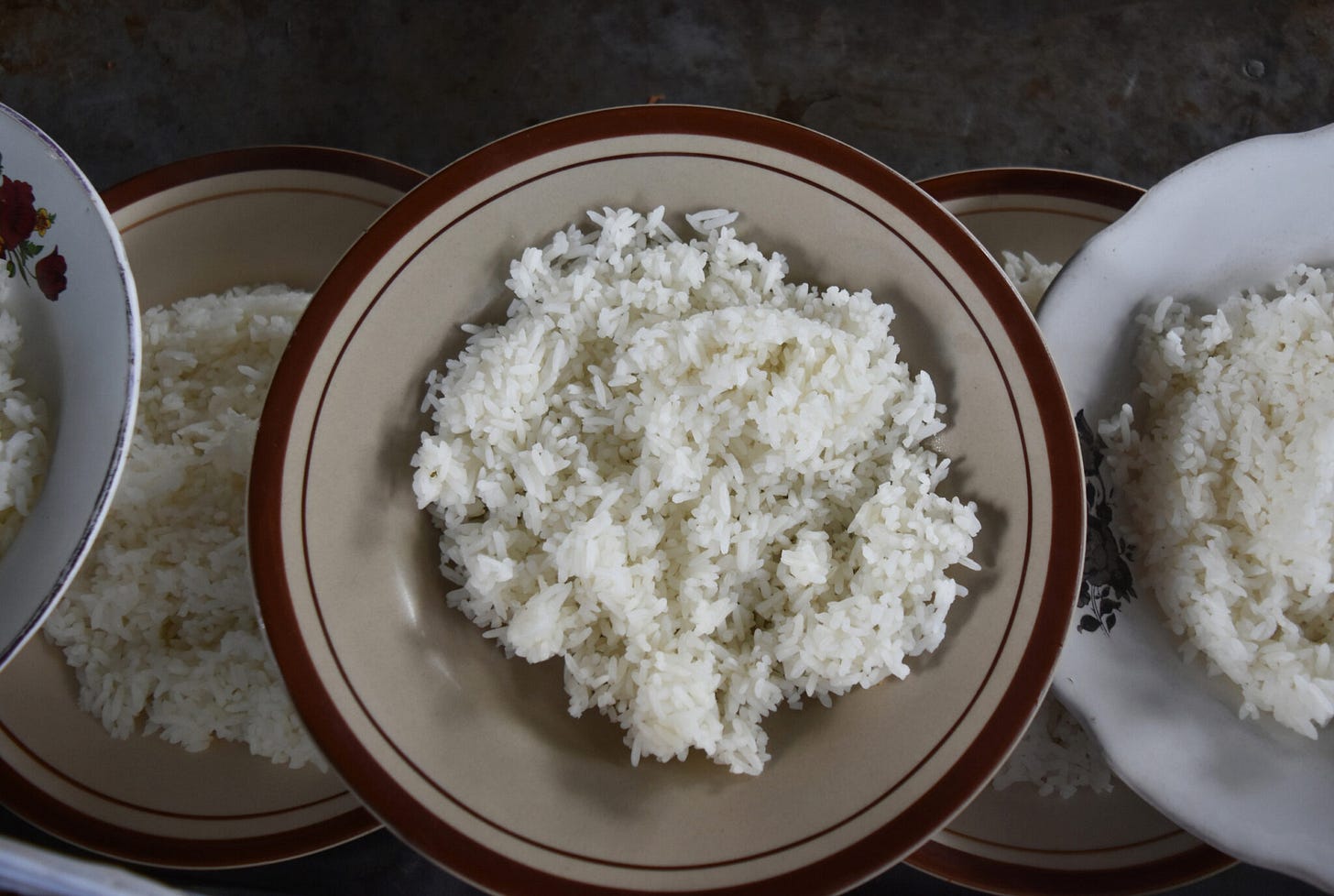

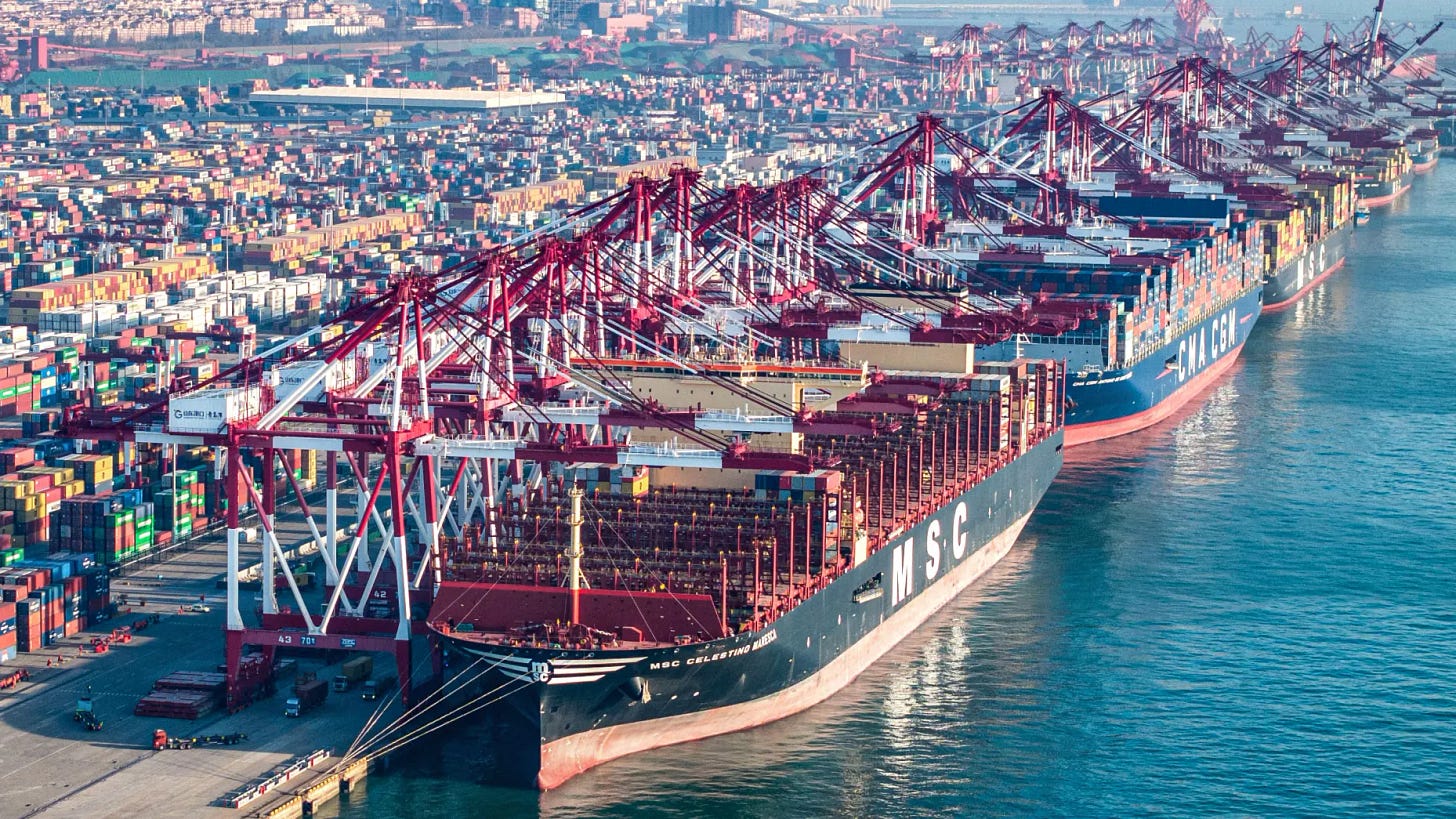



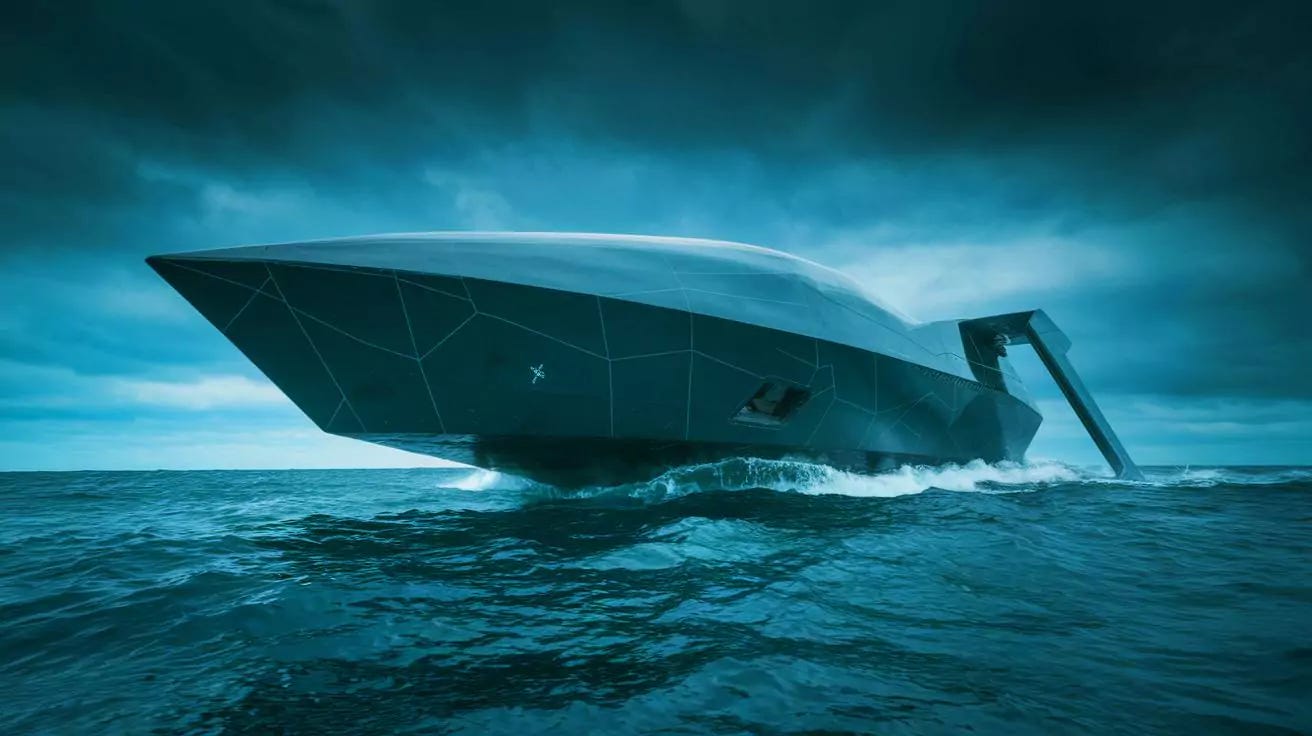
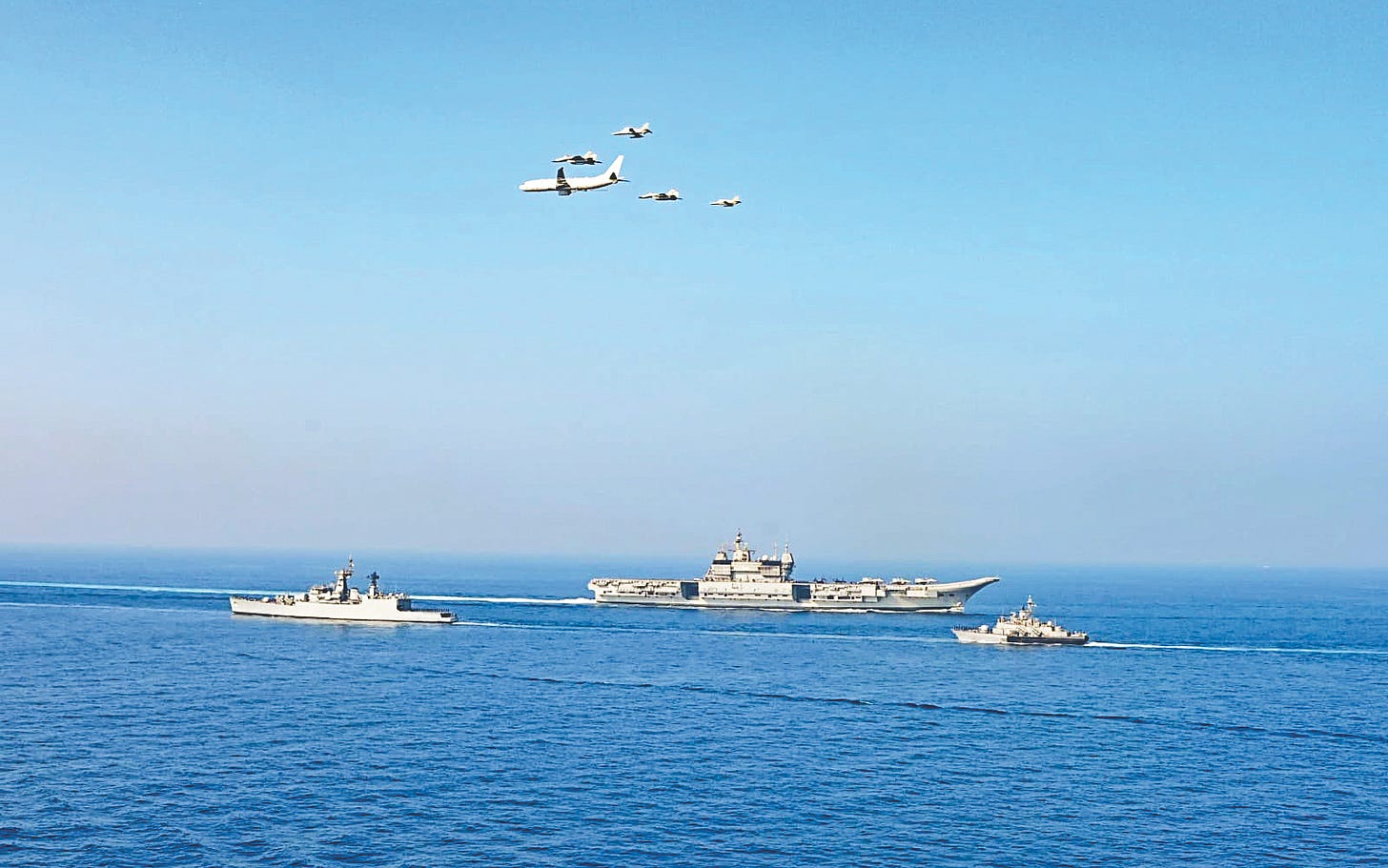
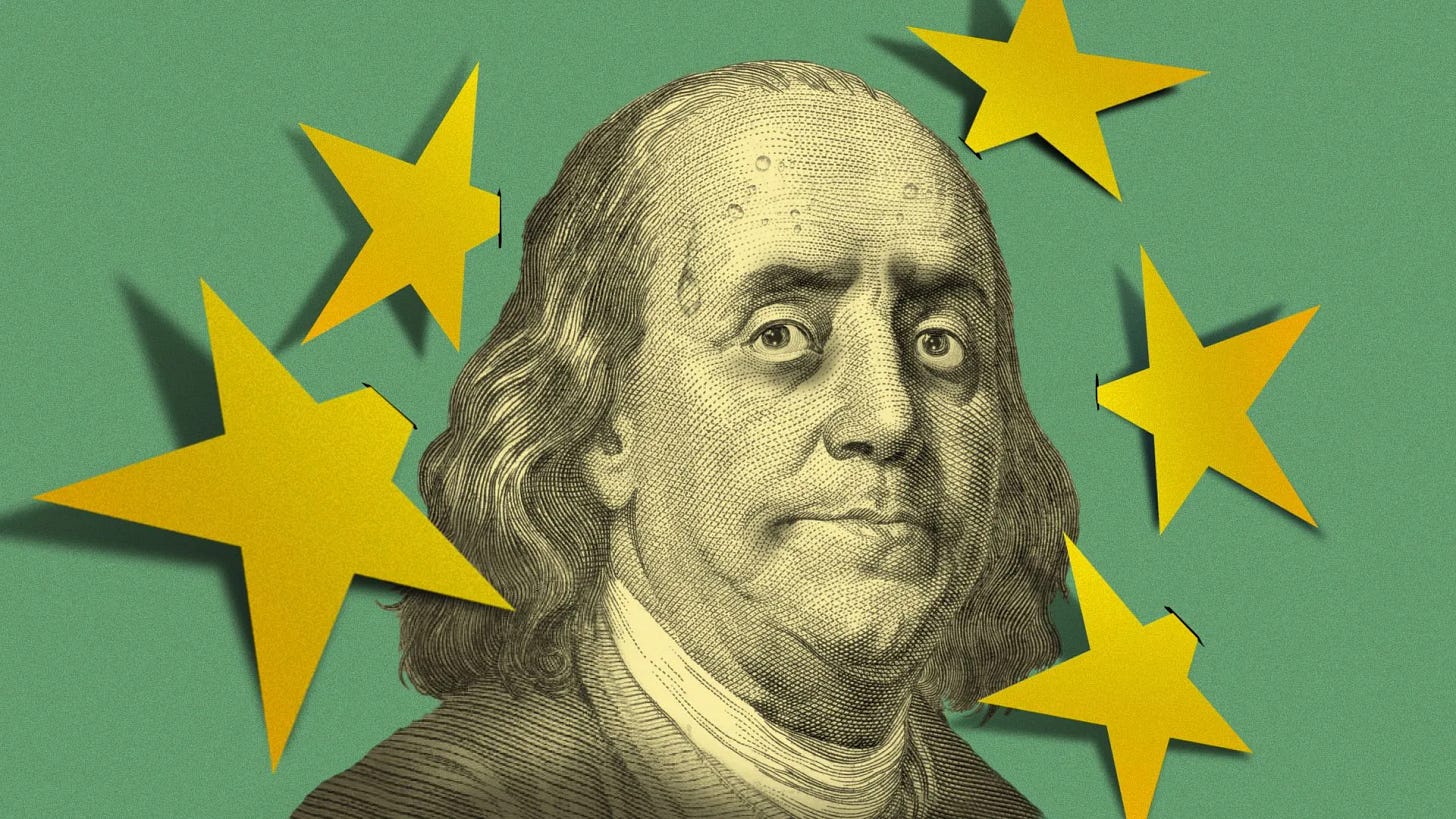




this feels relevant, a good thing...I think?
https://www.economist.com/science-and-technology/2025/04/16/ai-models-could-help-negotiators-secure-peace-deals